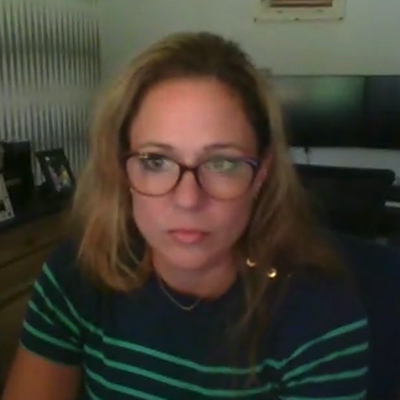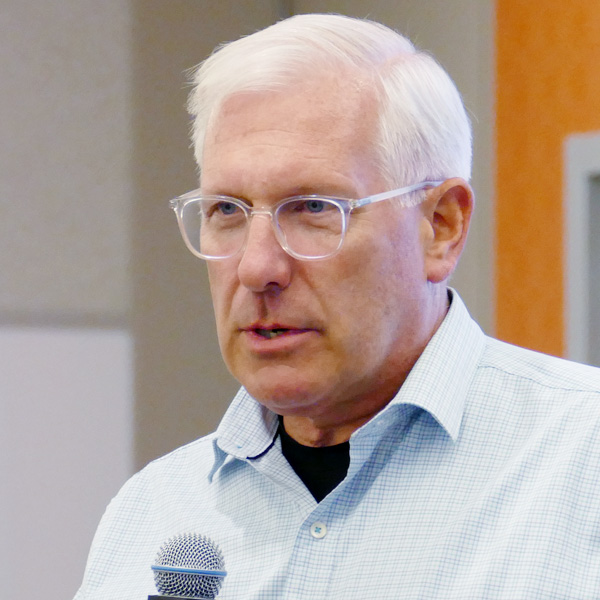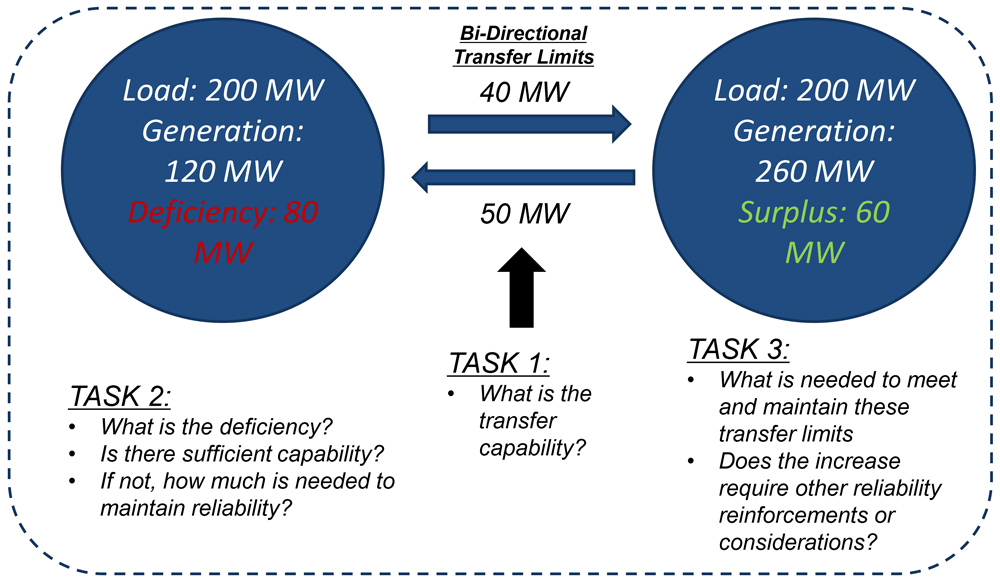NERC’s Standards Committee agreed to authorize the shortening of public comment periods for two high-priority standards development projects at its monthly conference call Wednesday.
At issue were Projects 2021-07 (Extreme cold weather grid operations, preparedness and coordination) and 2023-03 (Internal network security monitoring). The former was begun in response to the February 2021 winter storms that led to the largest controlled firm load shed event in U.S. history, the latter after FERC ordered NERC to modify the Critical Infrastructure Protection standards to require entities to implement internal network security monitoring (INSM) at crucial cyber systems. (See FERC Orders Internal Cyber Monitoring in Response to SolarWinds Hack.)
Normally the ERO’s standards development process requires an initial formal comment and ballot period of 45 days for proposed standards, with the same time allotted for additional formal comments and 10 days for the final ballot. However, NERC’s Standards Processes Manual allows the ERO to shorten these periods when needed to meet deadlines imposed by regulatory bodies or NERC’s Board of Trustees.
Both affected projects are the subject of FERC deadlines. The commission ordered NERC to file the INSM standard by July 9, 2024, and to file revisions to EOP-012-2 (Extreme cold weather preparedness and operations) by February 2024. In addition, the board set a deadline of Sept. 30, 2023, for submitting EOP-011-4 and TOP-002-5, both part of Project 2021-07.
Project 2023-03 has not reached the stage of having a standard ready for comment. In fact, the proposal submitted by NERC staff on Wednesday was to accept the project’s standard authorization request, meaning any comment and ballot periods are relatively far in the future. By comparison, Project 2021-07 is much further along: EOP-011-4 and TOP-002-5 both are part of the second phase of the project, which began after FERC approved its first two standards this year. (See FERC Orders New Reliability Standards in Response to Uri.)
NERC Manager of Standards Development Jamie Calderon, speaking of the INSM standard, explained the request to shorten the comment period was a necessary expedient to meet what she called a “very tight deadline” set by FERC. Likewise, Latrice Harkness, NERC’s director of standards development, said the standard development team (SDT) working on 2021-07 “has been working diligently to make sure that they are successful in meeting the board deadline this year.”
While the proposal to accept the SAR and reduce the comment period for 2023-03 — from 45 days to “as few as 30” for the first period to “as few as 20” for additional periods and “as few as five” for the final — passed with no discussion, Steve Rueckert of WECC lobbied to change the motion for 2021-07. Rueckert argued that the motion submitted by NERC staff, which would shorten the 45-day comment period to “as little as 25 days,” might not give the SDT enough time to respond to comments and moved to authorize a further reduction to 20 days.
Members passed the changed motion, despite three votes in opposition from William Chambliss of the Virginia State Corporation Commission, Kent Feliks of American Electric Power and Terri Pyle of Oklahoma Gas and Electric. A NERC spokesperson told ERO Insider the 20-day comment period for EOP-011-4 and TOP-002-5 would begin Aug. 24.
Additional standards actions approved at Wednesday’s meeting included posting proposed standard FAC-008-6 (found on page 47 of the agenda) for an initial 45-day formal comment and ballot period. The committee also agreed on a set of minor grammatical corrections to TOP-003-6 (Transmission operator and balancing authority data and information specification and collection), which NERC’s board approved at last week’s meeting in Ottawa.
New Leadership Coming in 2024
The Standards Committee will hold its next meeting in person at NERC’s Washington, D.C., office Sept. 20. Chair Amy Casuscelli of Xcel Energy reminded attendees the September meeting will include discussions of next year’s meeting schedule and asked for input on potential schedule conflicts.
Also on the agenda for next month are elections to replace the committee’s leadership, including Casuscelli, who confirmed at Wednesday’s meeting that she plans to retire from the committee after its December meeting. Casuscelli, who has headed the committee for the past four years — following two years as vice chair — jokingly suggested that members “dust off and polish up” their resumés ahead of the election.


